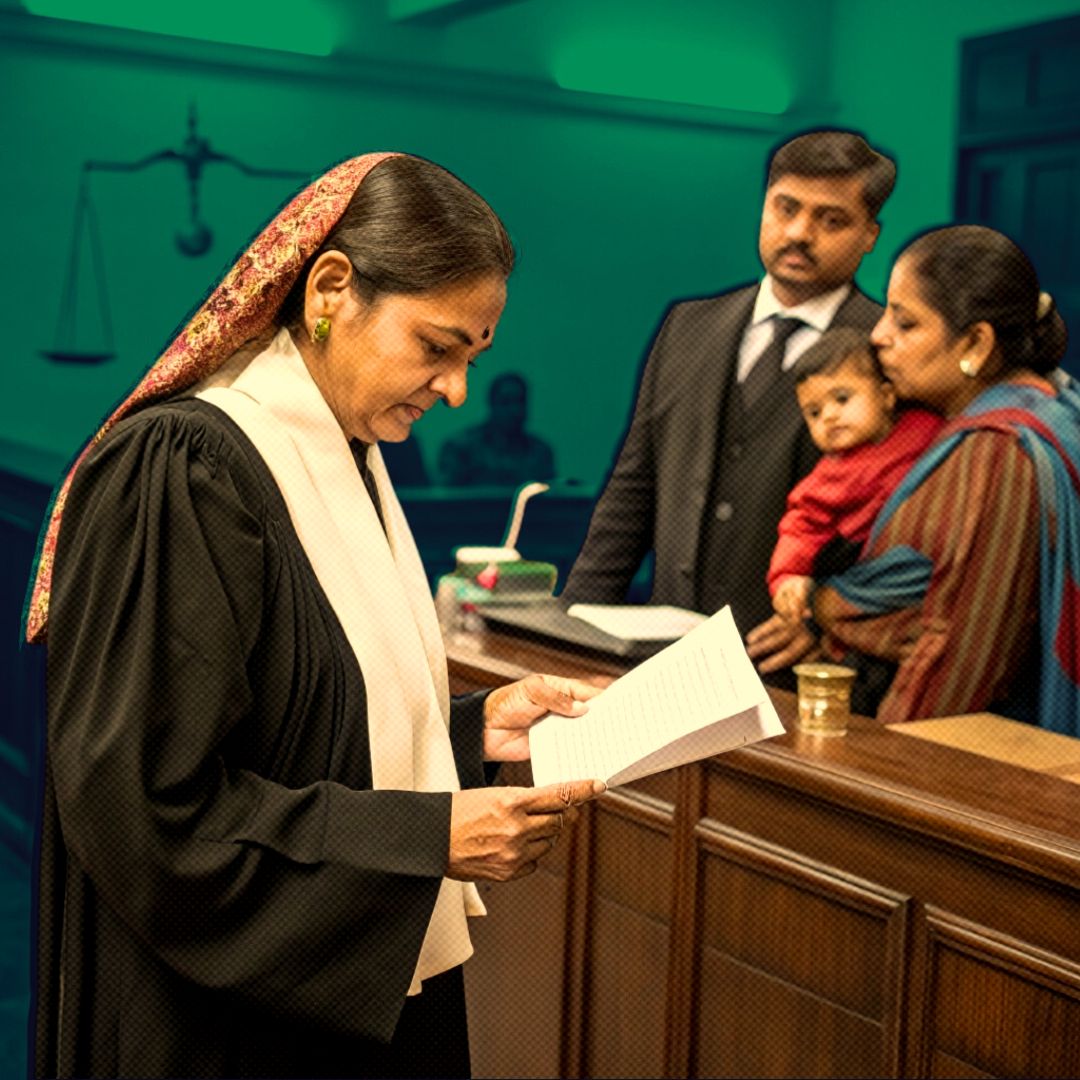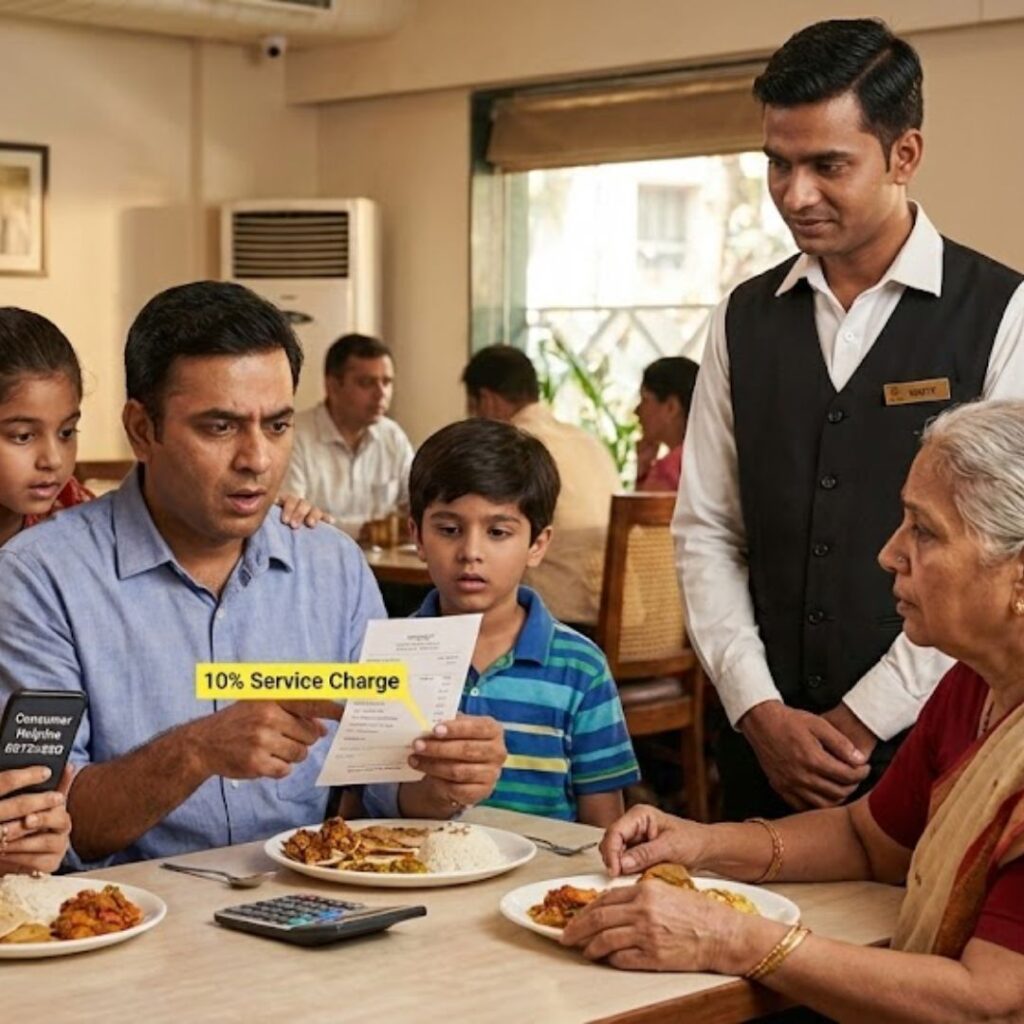On May 13, 2025, the Delhi High Court delivered a landmark interim maintenance order directing a Haryana-based husband to pay ₹12,000 per month-equivalent to 80% of his declared income-to his estranged wife and their minor child residing in Delhi.
The husband, who claimed a monthly income of ₹15,000, contested the amount, arguing that his wife voluntarily left her government teaching job and that the Delhi government already covers most educational expenses for their child. However, the court emphasised that the wife’s decision to quit her job was compelled by caregiving responsibilities and lack of family support, not voluntary abandonment.
The court also reiterated that a spouse’s earning capacity alone cannot negate the right to maintenance. This interim order will remain in effect until the family court reviews detailed financial disclosures from both parties and issues a final decision. The ruling has ignited discussions about the legal recognition of caregiving and financial obligations in separated families.
Caregiving Responsibilities Recognised as Crucial Factor
The case highlights the complex dynamics between financial capacity and caregiving roles in marital disputes. The husband, a practising lawyer, claimed a modest income of ₹15,000 per month, while the wife previously earned ₹40,000–₹45,000 as a government school teacher.
He argued that she voluntarily gave up her job and that the Delhi government subsidises their child’s education, suggesting his maintenance liability should be limited. The wife’s legal counsel countered that she was forced to resign due to the absence of family support and the impracticality of commuting long distances while caring for their young son alone.
Furthermore, she alleged that the husband failed to disclose rental income from multiple properties, raising questions about his true financial standing. The Delhi High Court acknowledged these caregiving challenges, stressing that quitting employment to care for a child is not a voluntary act of abandonment but a social reality that courts must consider when determining maintenance.
Legal Precedents and Next Steps in the Case
The Delhi High Court’s interim order draws on established Supreme Court precedents such as Rajnesh v. Neha and Shailja v. Khobbana, which clarify that a spouse’s actual earning capacity and caregiving responsibilities must be weighed carefully in maintenance claims.
The court directed the family court to reassess the interim maintenance application within one month, mandating a thorough review of income affidavits, bank statements, and property documents submitted by both parties. Until the final order is passed, the husband is required to pay ₹7,500 monthly to his wife and ₹4,500 to their child, ensuring their immediate financial needs are met.
Legal experts have welcomed the ruling as a progressive step that reinforces the principle that maintenance should reflect lived realities rather than theoretical or notional incomes, especially when children’s welfare is at stake.
The Logical Indian’s Perspective
This judgment marks a significant advancement in recognising the often invisible and unpaid labour of caregiving, predominantly undertaken by women, within the legal framework of maintenance and child support. By affirming that caregiving duties justify interim maintenance regardless of prior employment status, the court has underscored the importance of empathy and social justice in family law.
It challenges traditional notions that equate earning capacity with entitlement to maintenance and instead centres the welfare of the child and custodial parent.
As society evolves, it is crucial that our legal system continues to adapt, ensuring that both parents share the responsibilities and costs of raising children post-separation in a fair and compassionate manner. How can we, as a community, foster greater understanding and support for caregiving parents while encouraging responsible financial participation from both sides?












